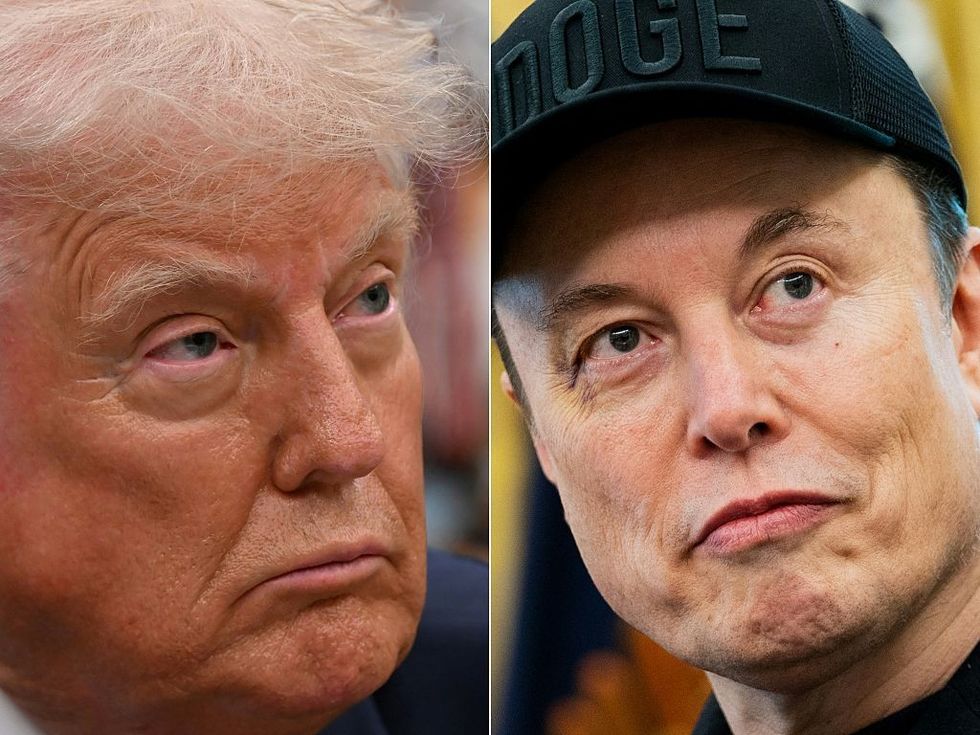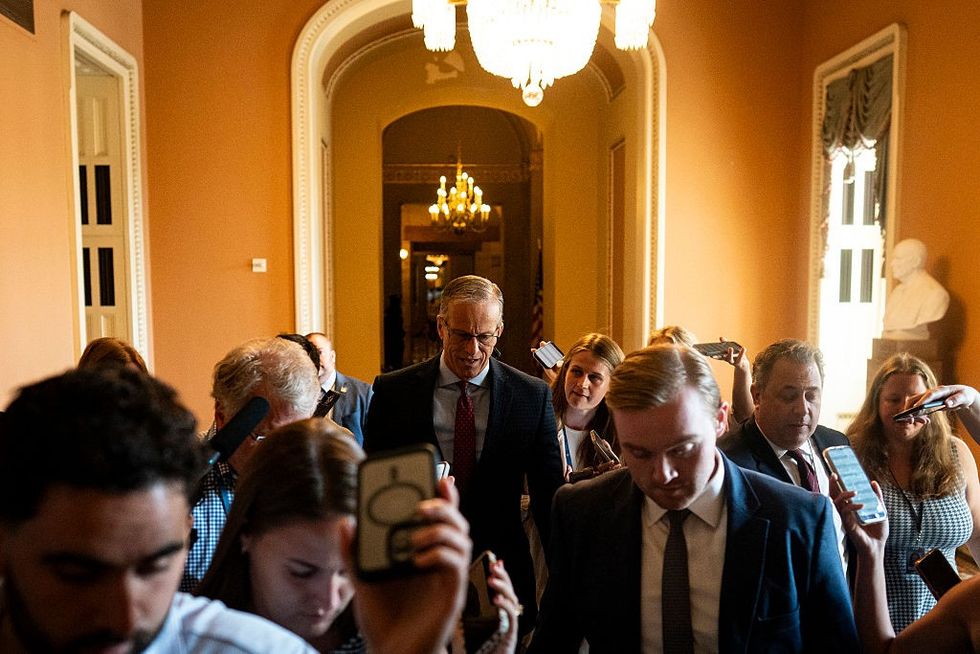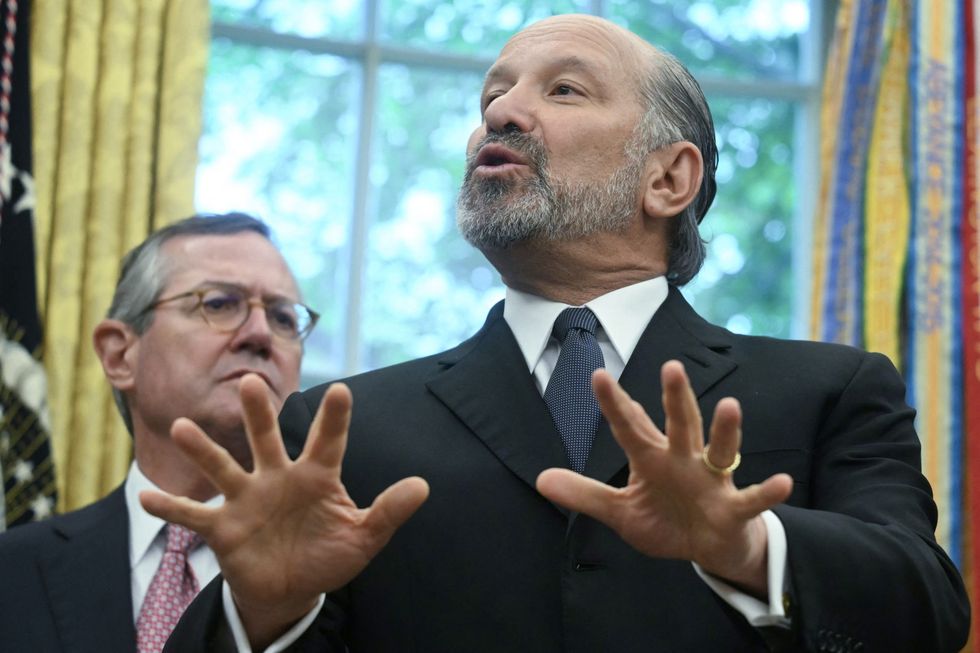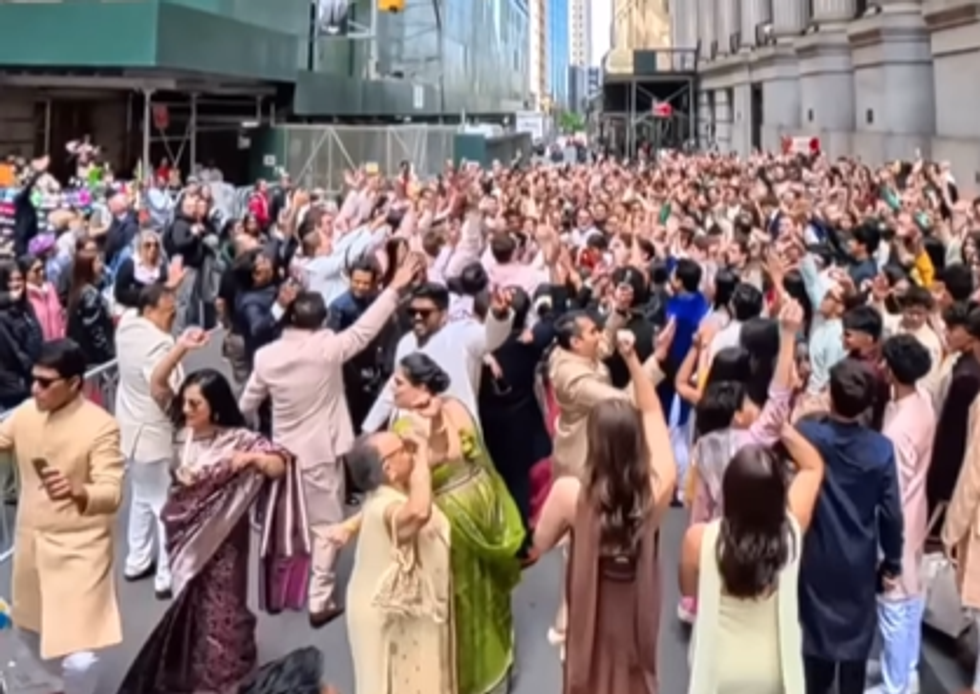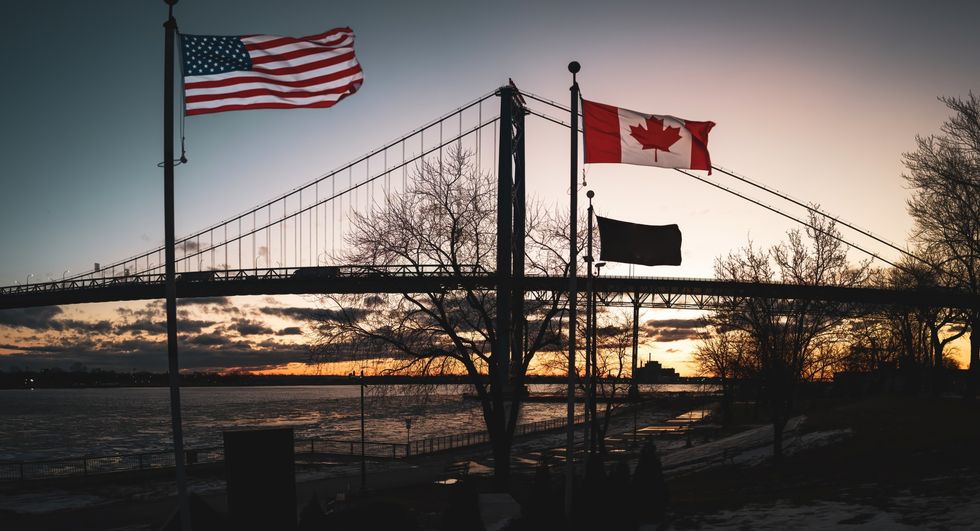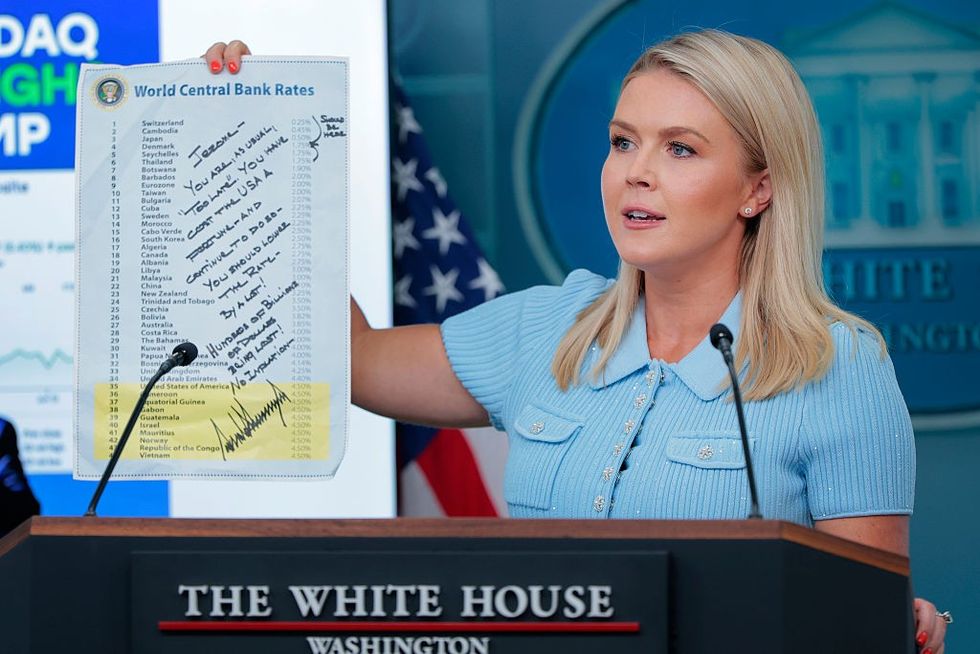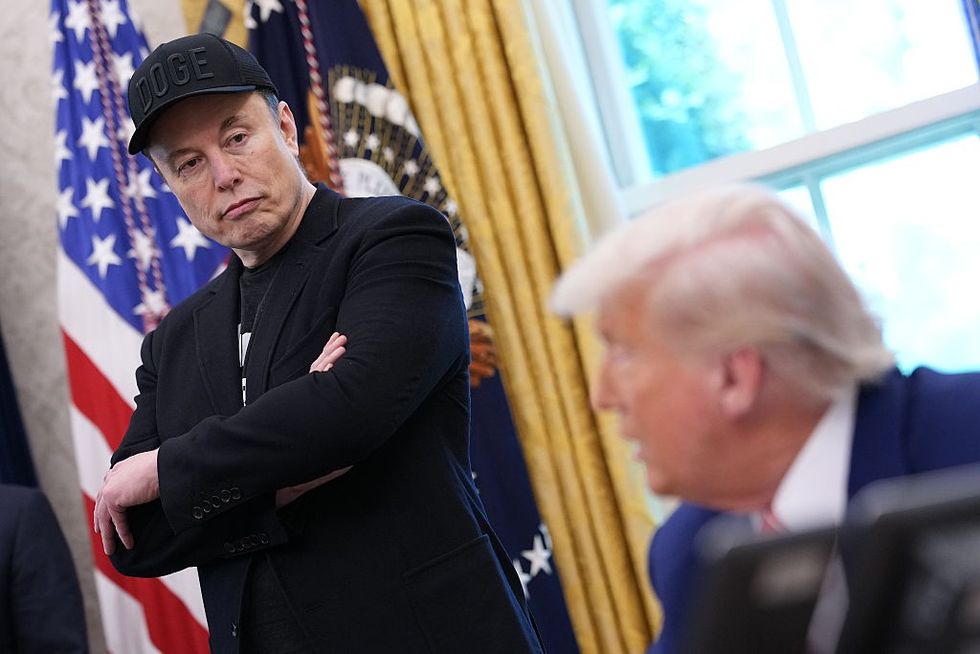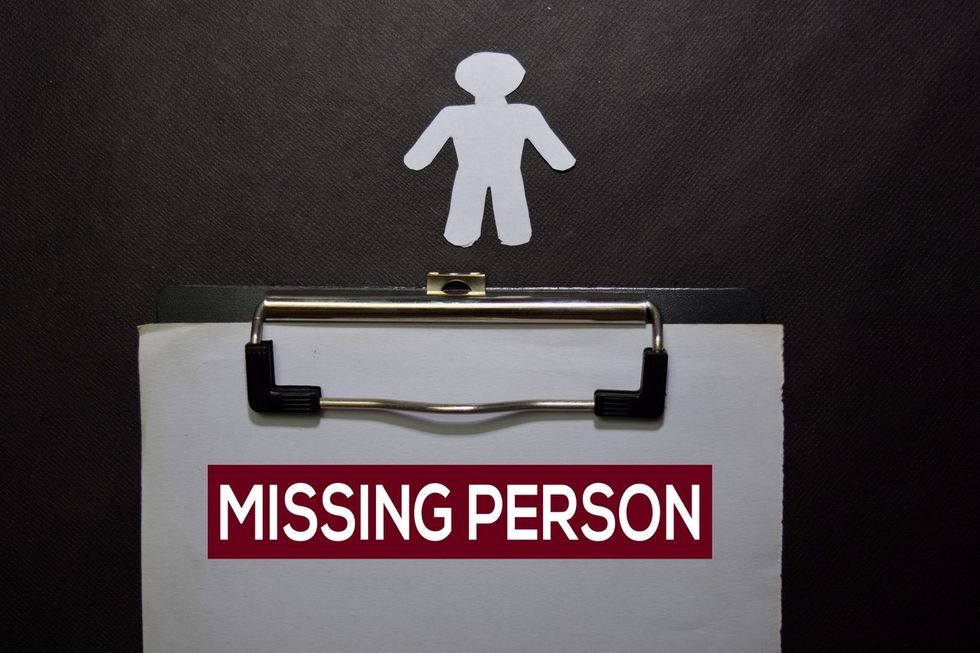A MASSIVE row has erupted in the Indian Ocean island-state of Mauritius over an alleged snooping by India, which has snowballed into a political controversy with the opposition parties of the African nation seeking resignation of its prime minister Pravind Jugnauth who has been accused of acting under pressure to allow installation of "sniffing" devices at undersea cable-landing stations in Mauritius that link it to global internet.
The matter came to the fore in June when Sherry Singh, the former chief executive of Mauritius Telecom, resigned saying he had to compromise with his values. Since then, the Jugnauth government has come under massive attack from the opposition which say the government succumbed to pressure from New Delhi, which otherwise has been a close ally to Port Louis.
ALSO READ: Mysterious Indian 'moustache man' at centre of Mauritius 'snooping' row: report
Entrackr, which calls itself an independent voice on Indian internet economy, has raised a question recently asking if India was potentially involved installing surveillance equipment on crucial junctions of the internet abroad, like undersea landing cable stations through which most of the country's internet traffic flows, is it doing the same at home as well?
Explained: How India got involved in Mauritius 'snooping' controversy
The Narendra Modi government has been in the past accused of constant surveillance and allegedly putting opposition leaders and journalists under the scanner. Last year, the Indian parliament witnessed a massive ruckus over the Pegasus spyware row which even saw the country's supreme court stepping in and setting up a panel to examine the use of the Israeli spyware against the citizens of India and the Modi government was reportedly against publicising the committee's interim report which was suggested by a senior politician-lawyer who represented the petitioners against the alleged snooping.
Entrackr said in its report that it reached out to a number of telecom companies who run cable-landing stations that connect India to the world but none of them responded to its queries related to the question it raised.
The companies include Tata Communications, Sify, Vodafone Idea, Reliance Jio, Airtel and the state-run BSNL.
Even the department of telecommunications, the licensor for the telecom companies in India which runs under the Indian ministry for communications, did not respond to Entrackr's queries.
The website spoke to Pranesh Prakash, Affiliated Fellow at the Information Society Project at Yale Law School, US, and he said that India's undersea cable operators are known for complying with requests for state surveillance.
In 2013, Indian magazine Frontline had reported that VSNL (currently Tata Communications) and Reliance Communications had in the early 2000s entered into "network security agreements" to hand over data to the Indian government, Entrackr said. The report said that the agreements were reportedly signed not by the Indian but the American government.
While the revelation came in the backdrop of Edward Snowden's PRISM leak that exposed widespread surveillance by Washington, the involvement of the Indian companies in the surveillance dragnet was largely unnoticed.
These companies and others that operate the undersea cables in India are now tightlipped on whether New Delhi is forcing them to conduct surveillance of undersea cables.
According to Prakash, while mass surveillance is illegal as the fundamental right to privacy has been upheld by India's apex court in its Puttaswamy v. Union of India case, the Unified License that telecom firms sign with the telecommunications department gives the government adequate access to widespread surveillance if required.
“The Unified License and its predecessors include a requirement for these companies to provide details on the room, specifications, and the conditions under which network equipment [like cable landing stations] to be mentioned in the contract and the license. They’re required to install splitters to allow a government nominee to essentially look at any traffic they want without the involvement of the telecom company,” Prakash said.
India's Outlook magazine reported in the past that a team of government engineers closely examined data from undersea internet cables in Mumbai. Large swaths of the internet were unencrypted then and surveillance likely captured a larger quantity of data.
Prakash said that mass surveillance of undersea cables, while permitted in the license, was unconstitutional.
“A license is not a law laid down by parliament. It is merely issued by the Department of Telecommunications. A license cannot empower the government to engage in widespread surveillance, or indeed, any surveillance in the absence of a law laid down by Parliament,” he told Entrackr.

